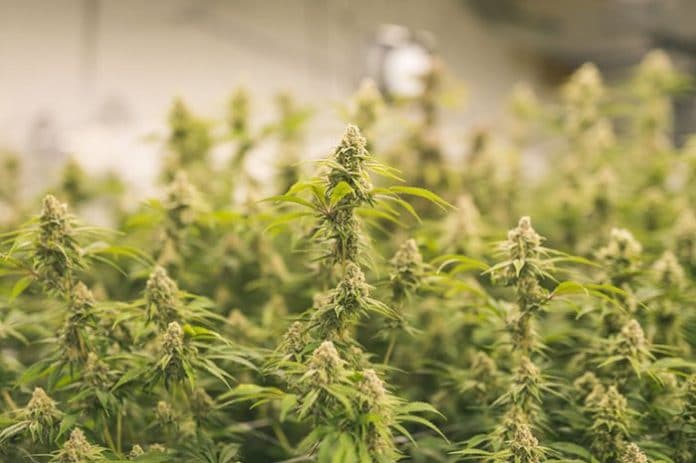Researchers at Canada’s University of British Columbia Okanagan campus have developed a new and faster method for testing phytocannabinoid levels in cannabis.
As Canada’s medical cannabis industry grows, so too do demands on testing labs to screen products for quality issues – and to get it done faster.
Currently there are 45 laboratories with a Dealers Licence under Canada’s Narcotic Control Regulations able to conduct cannabis testing activities, and it seems they are all being kept quite busy. Additionally, not all of the labs can carry out the appropriate tests that a producer may want or need.
While current conventional cannabis testing can take more than 20 minutes to perform, the Okanagan team’s method can do it under seven, saving time and money; particularly for large producers.
The new test utilises high-pressure liquid chromatography to determine the potency of 11 unique phytocannabinoids in cannabis extracts, but could also be used to test for other cannabinoids.
“We tested twice as many phytocannabinoids compared to what most labs are testing for now, and more than twice as fast,” said Matthew Noestheden, PhD chemistry student under Prof. Wesley Zandberg.
“We limited our tests to 11 variants because these were the only ones commercially available at the time. We could just as easily test for 50 or even all 100 variants, including some synthetic cannabinoids that can be added to products to increase potency.”
Mr. Noestheden says any cannabis testing lab with the appropriate devices should be able to integrate the new method with very little additional investment, making the whole process more economical as well as faster. The method is apparently ready for prime time, so labs could begin using it immediately.
In other cannabis-related news out of UBC, the University has published background on an inexpensive THC Breath-Analyzer developed by UBC Okanagan engineers, which uses 3-D printing and electrochemical sensors. What sets the UBC device apart from similar devices is its small size, low cost and high accuracy.
The technology on which the device is based could also be used to evaluate a person’s health or the level of other chemicals in their system.


